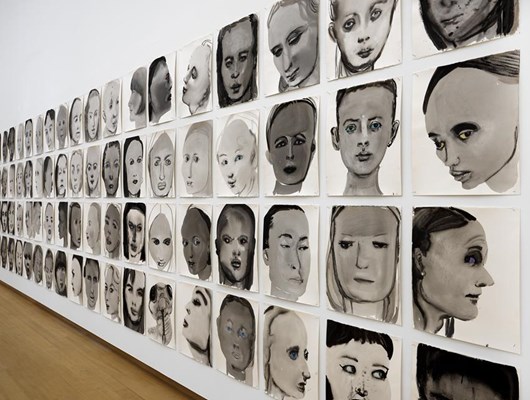

In the dome the silence was stirred by the sound of legions of feet marching. And the great white dome in the great stone city became a hub to the troubled mind of a great nation traveling in a circle. shackled to inertia by a great chain of years.Īnd the marchers grew in numbers.

Never in the history of the nation had so many people who felt oppressed gathered in a great multitude to express thier grievances. In speaking to the people about these ideas, the leaders always spoke of Equality.Īnd the people believed. They were men who believed that Freedom existed when men exercised restraint in doing that which they had the power to do, and courage in doing that which they had never done. They were men who believed that a law existed higher than the law of men. Sometimes they laughed and shouted.Īll the leaders were men of learning. They went forth in processions, chanting, singing, and praying. Their leaders stopped them at every crossroad and made speeches, reassuring them that to march against the white- domed city was sanctioned by God Himself. Crossing the great rivers and mountains, they came on foot, in cars, buses, wagons, and some came IN THE SPIRIT FROM OUT OF THE PAST. In the dome the prisoner, alone in the silence of centuries, waited.Īnd all the people gathered together and began a trek across the land.

Erika Stevens, senior editor The Marchers We encourage you to share both story and book. Dumas’s literary successes came largely posthumously in the 1970s, with Toni Morrison and James Baldwin, among others, lauding and publishing his work.Įcho Tree, his collected short fiction originally published by Coffee House in 2003, is available for free download below as well.
At the age of 33, in 1968, he was murdered by a white New York City Transit Police officer. His poetry and prose, which often contain otherworldly allegory and are musical in their language and rhythm, speak to the realities of racism, poverty, and migration as he experienced them. Dumas, a writer of the Black Arts Movement, was originally from Sweet Home, Arkansas, and moved to Harlem at the age of ten. This week, instead of our scheduled CHWP posting, we’d like to invite you to read and download “The Marchers,” a story by Henry Dumas.


 0 kommentar(er)
0 kommentar(er)
